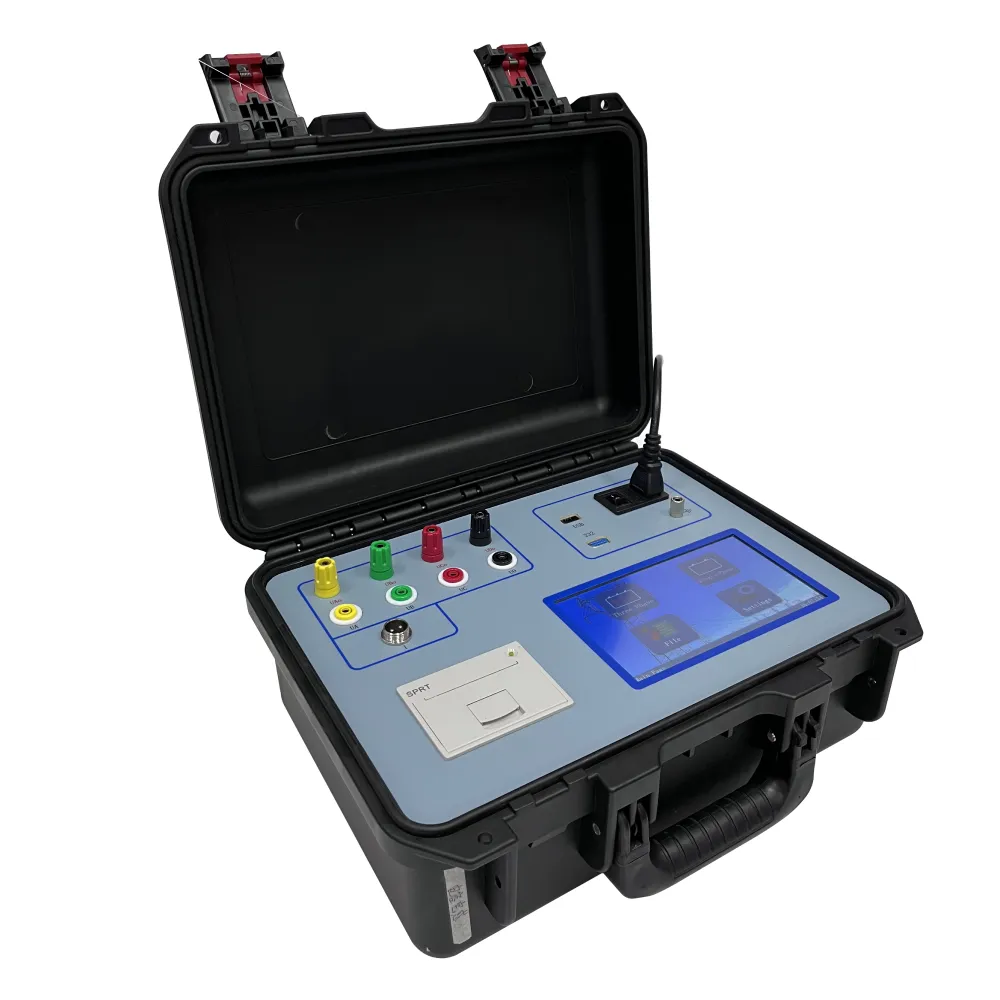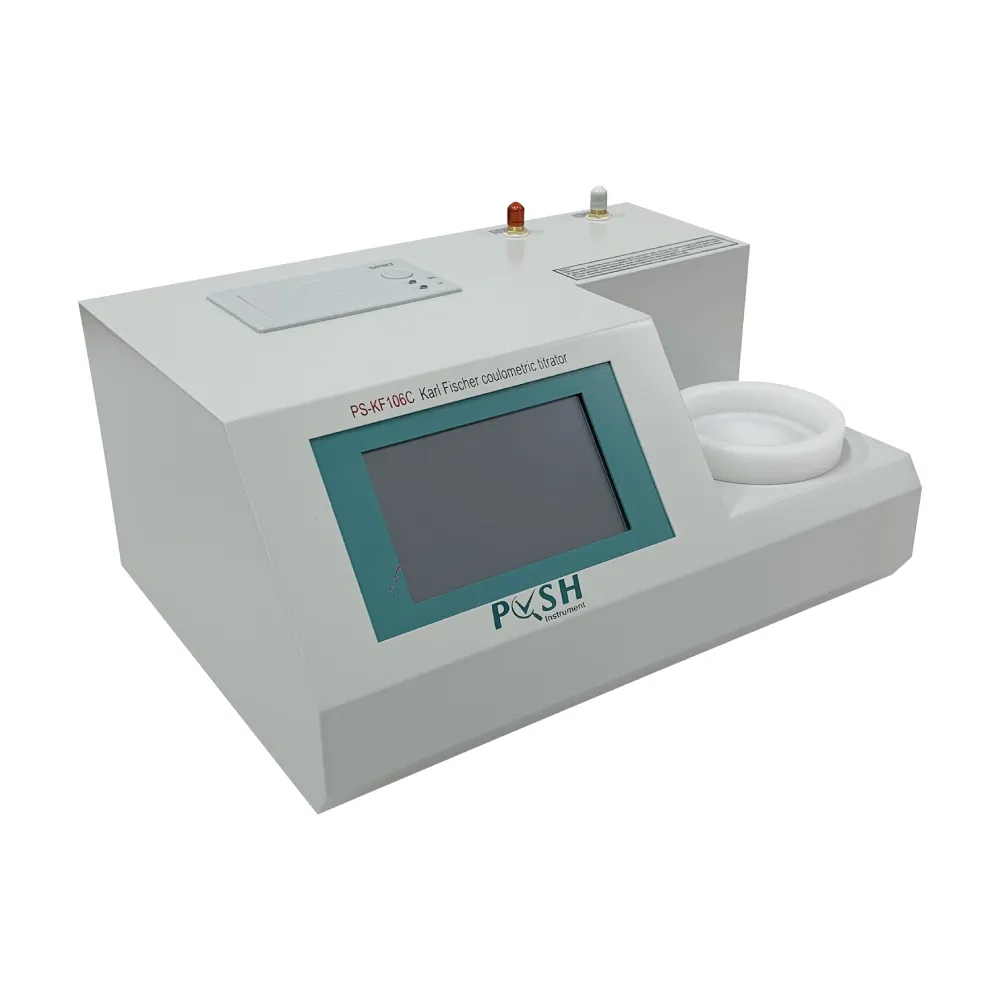TEL:
+86-0312-3189593
 English
English

Telephone:0312-3189593

Email:sales@oil-tester.com

-
 Afrikaans
Afrikaans -
 Albanian
Albanian -
 Amharic
Amharic -
 Arabic
Arabic -
 Armenian
Armenian -
 Azerbaijani
Azerbaijani -
 Basque
Basque -
 Belarusian
Belarusian -
 Bengali
Bengali -
 Bosnian
Bosnian -
 Bulgarian
Bulgarian -
 Catalan
Catalan -
 Cebuano
Cebuano -
 China
China -
 China (Taiwan)
China (Taiwan) -
 Corsican
Corsican -
 Croatian
Croatian -
 Czech
Czech -
 Danish
Danish -
 Dutch
Dutch -
 English
English -
 Esperanto
Esperanto -
 Estonian
Estonian -
 Finnish
Finnish -
 French
French -
 Frisian
Frisian -
 Galician
Galician -
 Georgian
Georgian -
 German
German -
 Greek
Greek -
 Gujarati
Gujarati -
 Haitian Creole
Haitian Creole -
 hausa
hausa -
 hawaiian
hawaiian -
 Hebrew
Hebrew -
 Hindi
Hindi -
 Miao
Miao -
 Hungarian
Hungarian -
 Icelandic
Icelandic -
 igbo
igbo -
 Indonesian
Indonesian -
 irish
irish -
 Italian
Italian -
 Japanese
Japanese -
 Javanese
Javanese -
 Kannada
Kannada -
 kazakh
kazakh -
 Khmer
Khmer -
 Rwandese
Rwandese -
 Korean
Korean -
 Kurdish
Kurdish -
 Kyrgyz
Kyrgyz -
 Lao
Lao -
 Latin
Latin -
 Latvian
Latvian -
 Lithuanian
Lithuanian -
 Luxembourgish
Luxembourgish -
 Macedonian
Macedonian -
 Malgashi
Malgashi -
 Malay
Malay -
 Malayalam
Malayalam -
 Maltese
Maltese -
 Maori
Maori -
 Marathi
Marathi -
 Mongolian
Mongolian -
 Myanmar
Myanmar -
 Nepali
Nepali -
 Norwegian
Norwegian -
 Norwegian
Norwegian -
 Occitan
Occitan -
 Pashto
Pashto -
 Persian
Persian -
 Polish
Polish -
 Portuguese
Portuguese -
 Punjabi
Punjabi -
 Romanian
Romanian -
 Russian
Russian -
 Samoan
Samoan -
 Scottish Gaelic
Scottish Gaelic -
 Serbian
Serbian -
 Sesotho
Sesotho -
 Shona
Shona -
 Sindhi
Sindhi -
 Sinhala
Sinhala -
 Slovak
Slovak -
 Slovenian
Slovenian -
 Somali
Somali -
 Spanish
Spanish -
 Sundanese
Sundanese -
 Swahili
Swahili -
 Swedish
Swedish -
 Tagalog
Tagalog -
 Tajik
Tajik -
 Tamil
Tamil -
 Tatar
Tatar -
 Telugu
Telugu -
 Thai
Thai -
 Turkish
Turkish -
 Turkmen
Turkmen -
 Ukrainian
Ukrainian -
 Urdu
Urdu -
 Uighur
Uighur -
 Uzbek
Uzbek -
 Vietnamese
Vietnamese -
 Welsh
Welsh -
 Bantu
Bantu -
 Yiddish
Yiddish -
 Yoruba
Yoruba -
 Zulu
Zulu
mar . 06, 2025 13:55
Back to list
ttr test in transformer
Unlocking the Power of TTR Testing in Transformers A Comprehensive Guide
One of the primary benefits of TTR testing is its ability to enhance predictability in transformer performance. By identifying minor discrepancies early, engineers can initiate corrective actions before they escalate into major failures, thus reducing downtime and repair costs. Furthermore, regular TTR testing contributes to extending the lifespan of transformers, as it helps maintain optimal efficiency and identifies wear-and-tear issues that might otherwise go unnoticed. In practical settings, TTR testing finds extensive applications across various industries, from utility companies managing expansive grid networks to industrial plants relying on uninterrupted power supply. The test is integral to preventative maintenance schedules, ensuring transformers remain in peak condition. Additionally, TTR testing is a valuable tool in post-manufacture quality assurance processes. It verifies that newly produced transformers meet rigorous industry standards before deployment. The authority of TTR testing as a critical maintenance procedure is underscored by robust industry standards, such as those outlined by the Institute of Electrical and Electronics Engineers (IEEE) and the International Electrotechnical Commission (IEC). These guidelines provide comprehensive frameworks for conducting TTR tests, ensuring consistency and accuracy across the board. To establish trust in TTR testing processes, it is vital for organizations to engage certified professionals who possess the requisite expertise and experience. These specialists are adept at navigating the complex nuances of transformer mechanics and can provide authoritative evaluations, further bolstering the credibility of the test results. In conclusion, TTR testing is indispensable in the realm of transformer diagnostics, offering unparalleled insights into performance and operational integrity. As we advance towards smarter grid solutions and increased reliance on efficient power distribution, the importance of TTR testing cannot be overstated. Whether you’re looking to enhance operational efficiency, prevent costly breakdowns, or ensure compliance with industry standards, TTR testing is your gateway to achieving these goals proficiently.


One of the primary benefits of TTR testing is its ability to enhance predictability in transformer performance. By identifying minor discrepancies early, engineers can initiate corrective actions before they escalate into major failures, thus reducing downtime and repair costs. Furthermore, regular TTR testing contributes to extending the lifespan of transformers, as it helps maintain optimal efficiency and identifies wear-and-tear issues that might otherwise go unnoticed. In practical settings, TTR testing finds extensive applications across various industries, from utility companies managing expansive grid networks to industrial plants relying on uninterrupted power supply. The test is integral to preventative maintenance schedules, ensuring transformers remain in peak condition. Additionally, TTR testing is a valuable tool in post-manufacture quality assurance processes. It verifies that newly produced transformers meet rigorous industry standards before deployment. The authority of TTR testing as a critical maintenance procedure is underscored by robust industry standards, such as those outlined by the Institute of Electrical and Electronics Engineers (IEEE) and the International Electrotechnical Commission (IEC). These guidelines provide comprehensive frameworks for conducting TTR tests, ensuring consistency and accuracy across the board. To establish trust in TTR testing processes, it is vital for organizations to engage certified professionals who possess the requisite expertise and experience. These specialists are adept at navigating the complex nuances of transformer mechanics and can provide authoritative evaluations, further bolstering the credibility of the test results. In conclusion, TTR testing is indispensable in the realm of transformer diagnostics, offering unparalleled insights into performance and operational integrity. As we advance towards smarter grid solutions and increased reliance on efficient power distribution, the importance of TTR testing cannot be overstated. Whether you’re looking to enhance operational efficiency, prevent costly breakdowns, or ensure compliance with industry standards, TTR testing is your gateway to achieving these goals proficiently.
Previous:
Next:
Latest news
-
Testing Equipment Industry Sees Major Advancements in 2025: Smart & Precision Technologies Lead the WayNewsJun.06,2025
-
Applications of Direct Current Generators in Renewable Energy SystemsNewsJun.05,2025
-
Hipot Tester Calibration and Accuracy GuidelinesNewsJun.05,2025
-
Digital Circuit Breaker Analyzer Features and BenefitsNewsJun.05,2025
-
Benefits of Real-Time Power Quality Monitoring Devices for Industrial EfficiencyNewsJun.05,2025
-
Earth Fault Loop Testing in High-Rise Building Electrical SystemsNewsJun.05,2025



